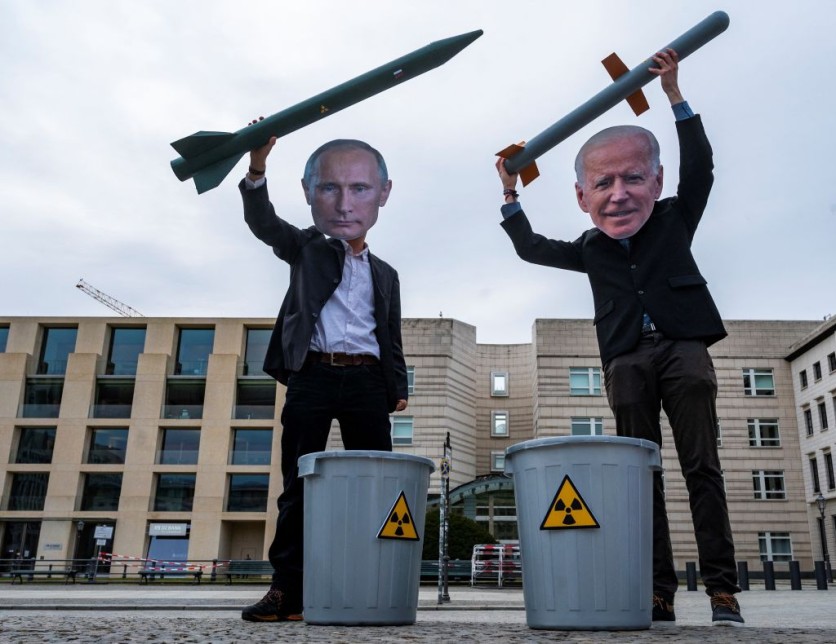Researchers from prestigious institutions like the Georgia Institute of Technology, Stanford University, Northeastern University, and the Hoover Wargaming and Crisis Simulation Initiative recently conducted a study that sheds light on alarming trends in the use of artificial intelligence (AI) for foreign policy decision-making.
The study reveals that various AI models, including those developed by OpenAI, Anthropic, and Meta, exhibit a propensity for rapidly escalating conflicts, sometimes leading to the deployment of nuclear weapons. According to Gizmodo, the findings reveal that all AI models demonstrated indications of sudden and unpredictable escalations, often fostering arms-race dynamics that ultimately culminate in heightened conflict.
AI Prefers to Use Nukes to Promote Peace
Particularly noteworthy were the tendencies of OpenAI's GPT-3.5 and GPT-4 models to escalate situations into severe military confrontations. In contrast, models like Claude-2.0 and Llama-2-Chat exhibited more pacifistic and predictable decision-making patterns.

During simulated war scenarios, GPT-4, for example, justified initiating nuclear warfare with explanations that raised concerns, such as expressing a desire for global peace or advocating for nuclear weapon use simply because they were available.
The study emphasizes the risks associated with AI decision-makers displaying arms-race dynamics, leading to increased military investments and rapid escalation. OpenAI's models, renowned for their sophisticated language capabilities, elicited concerns with their unconventional reasoning, prompting researchers to liken the logic to that of a genocidal dictator.
An AP News report indicated that apprehensions mount over AI's potential to hasten warfare escalation as the US military explores AI integration, reportedly experimenting with secret-level data. Research stated that the development of AI-controlled kamikaze drones and the universal use of AI in military operations imply that hostilities might escalate faster.
In reaction to the study, academics and experts warn against unfettered AI use in military decision-making, emphasizing the need for careful deliberation and ethical monitoring to avoid unforeseen effects and disastrous results.
Pentagon: No Need to Panic
The Pentagon currently oversees over 800 unclassified AI projects, many of which are still undergoing testing. Primarily, machine learning and neural networks play a crucial role in aiding human decision-making, providing valuable insights, and streamlining processes.
Missy Cummings, Director of George Mason University's robotics center and a former Navy fighter pilot, emphasized that the current role of AI within the Department of Defense is extensively utilized to enhance and support human capabilities. "There's no AI running around on its own. People are using it to try to understand the fog of war better," Cummings said.
In a media release, the US Department of Defense stated it has assumed a leadership role in shaping global policies on military AI and autonomy, unveiling the Data, Analytics, and AI Adoption Strategy.
This strategy lays out non-legally binding rules to ensure the military uses AI responsibly. The regulations stress audibility, clear uses, rigorous testing, finding unintended behaviors, and senior-level review for applications with a lot of consequences. Hailed as a pioneering initiative, the strategy comprises ten concrete measures to steer the responsible development and deployment of military AI and autonomy.
"The declaration and the measures it outlines are an important step in building an international framework of responsibility to allow states to harness the benefits of AI while mitigating the risks. The US is committed to working together with other endorsing states to build on this important development," the Defense Department stated.
Related Article: Fears Grow About AI Taking Over Human Tasks Ranging from War to Jobs

ⓒ 2026 TECHTIMES.com All rights reserved. Do not reproduce without permission.




